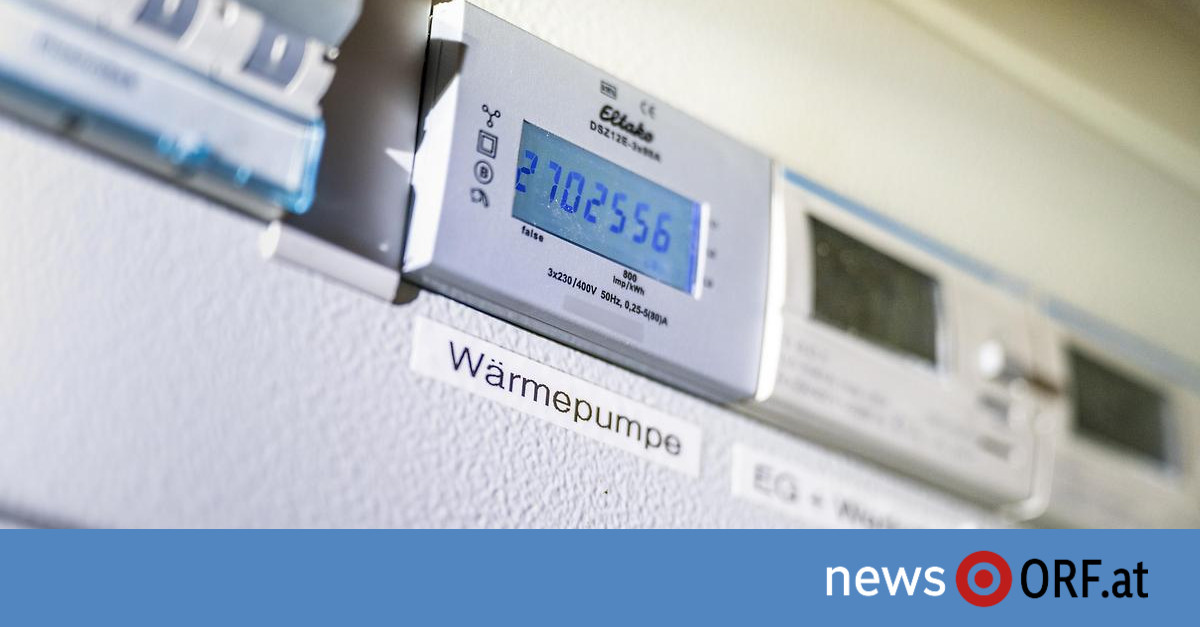In principle, the first 2,900 kilowatt hours (kWh) of electricity per year will still be subsidized for every household until the end of the year, but from July 1st the subsidy will drop from up to 30 to a maximum of 15 cents per kWh. The upper limit of the energy price up to which the brake is effective falls from 40 to 25 cents.
For the first 2,900 kWh of electricity, which corresponds to around 80 percent of average electricity consumption, households should ultimately only pay ten cents per kWh per year. With the new regulation this means: If you have to pay 25 cents per kWh, you will receive 15 cents – but if you pay 30 cents it is also 15 cents. If a kilowatt hour costs 20 cents, you get ten cents.
debate
Inflation and wages: what remains at the end of the month?
Households with more than three people also receive a subsidy of 52.50 euros per person per year; for low-income households, 75 percent of the network costs are waived. The price of electricity has fallen sharply since the brake was introduced in autumn 2022, although not yet to pre-crisis levels.
Government hopes for more competition
According to the government, the measure is intended to be an incentive for electricity providers to reduce prices and stimulate competition in retail tariffs. When presenting the change decided by the Council of Ministers, Gewessler called for people to actively look for better offers on the electricity market. You can check the E-Control website to see whether there are cheaper contracts than the current one in a household.
Many new contracts already have prices below 25 cents per kilowatt hour, the government said. The electricity price cap will continue to be billed directly through the energy provider; the change is expected to be reviewed in the next few days. Gewessler defended the decisions: They wanted to help as best as possible under the current circumstances, but at the same time they wanted to use taxpayers’ money carefully.
WIFO has already called for halving, criticism from NGOs
WIFO boss Gabriel Felbermayr has long been calling for the subsidy to be halved. He argued to Ö1 last week that this should not only reduce costs for the finance ministry. It should also provide more incentives to switch providers if the lower subsidy is not enough to “bring the price of electricity to bearable levels”. Other countries have already allowed the electricity price brake to expire.
For the trade union-affiliated Momentum Institute, a brake on electricity prices alone is “not enough”. In addition, given the lower than forecast income from the skimming of profits, the population ultimately pays the costs themselves. The expectations and reality of the sum skimmed off were “miles apart,” according to a press release.
The opinion of the anti-globalization non-governmental organization (NGO) Attac is similar. Reducing the funding amount is the wrong measure and will lead to higher electricity bills. According to Attac Austria, many customers have binding contracts and cannot immediately switch to potentially cheaper tariffs.
Random winnings continue to be skimmed off
The skimming of windfall profits from energy companies will also be extended and adapted until the end of 2024. All energy producers are skimmed off, with new adjustments intended to ensure that the expansion of green electricity production is accelerated. Corporations that invest in the expansion of renewable energies this year or in the next three years can deduct 75 percent of the costs. In addition, the deduction amount is doubled.
For fossil energy companies, the windfall profits tax will be tightened: in the future, any profit that is more than five percent above the average for the years 2018 to 2021 will be taxed at 40 percent in addition to the KÖST and all other taxes, according to a government document .
After the Council of Ministers, Brunner was pleased that a constitutionally possible solution had been found for the confiscation of profits after the relevant EU regulation expired. When asked about the discrepancy between the actually expected additional income of two to four billion and the actually realized around 280 million euros, he said that the billion estimate was based on an EU assessment that was broken down to Austria.
Criticism from FPÖ, SPÖ, NEOS, ÖGB and AK
The FPÖ renewed its criticism of the electricity price brake and the skimming of profits and instead again called for a reduction in consumption taxes on energy, the abolition of the CO2 tax, the end of the sanctions against Russia and the exit from the merit order principle. NEOS attests that the government has no plan and that the electricity price cap, even at half the amount, is “nonsense”.
The electricity price cap was also the wrong measure for the SPÖ; they would have preferred an energy price cap like in Germany instead. The reduction in the cost cap is now making electricity more expensive for households. The trade union (ÖGB) took a similar approach. From the perspective of the Chamber of Labor (AK), the reduction in the electricity cost brake comes too early; it would have preferred a transition period.
The industry association IG Windkraft, however, criticized the extension of the profit skimming. Continued direct intervention in markets would have a negative impact on trust in wind energy and make production conditions more difficult in this country, also because other EU countries would have already allowed corresponding measures to expire with the end of the EU regulation. It is positive that investments in renewable energy will be counted to a greater extent in the future.
